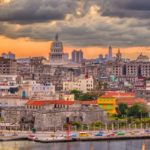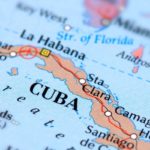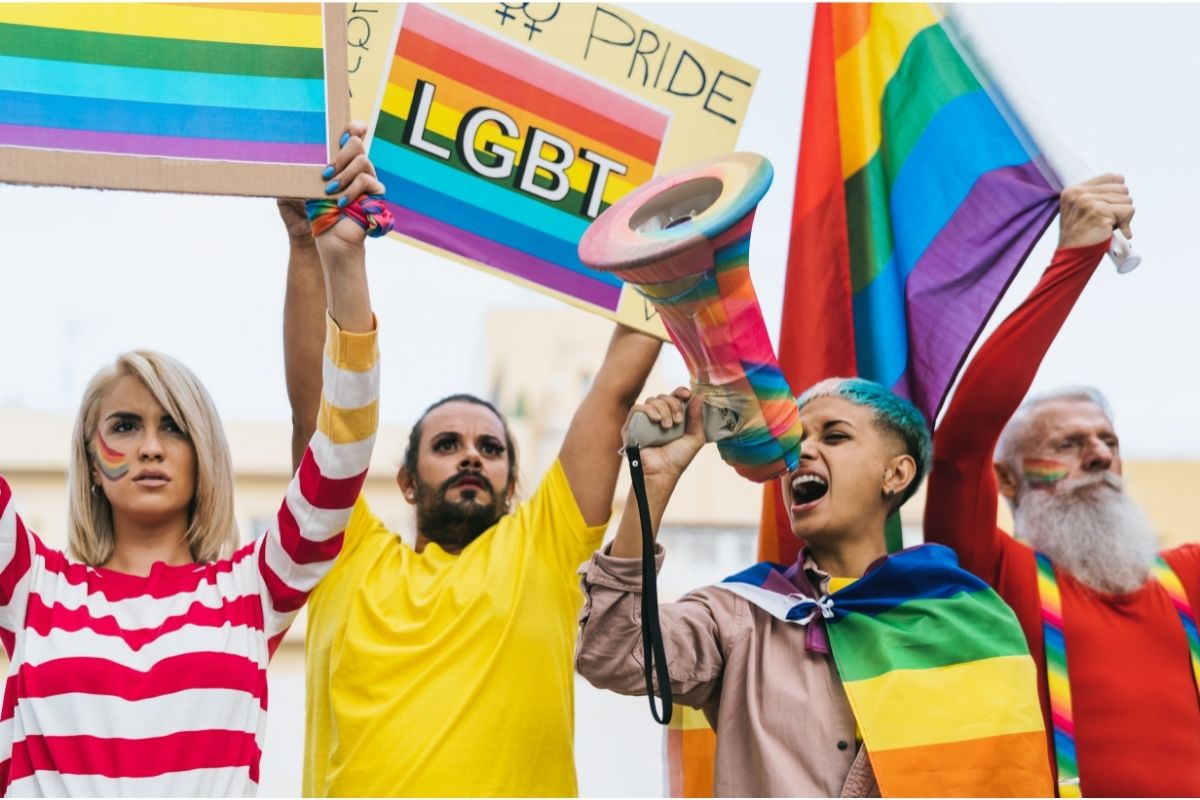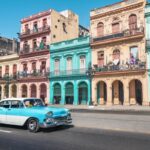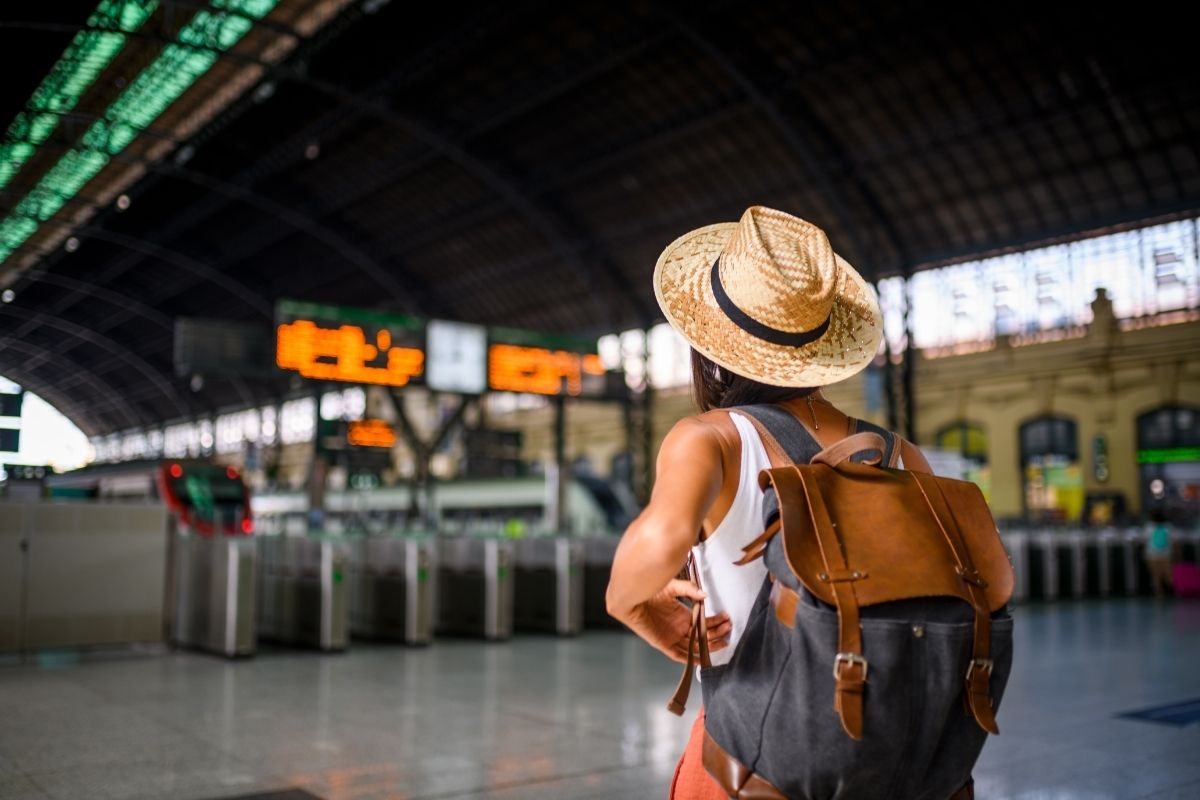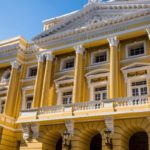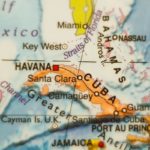The Republic of Cuba, usually simply known as Cuba, is an island nation in the northern Caribbean Sea, just south of Florida.
People have many questions about Cuba, as, despite its close proximity to the United States, many Americans know little about the country.
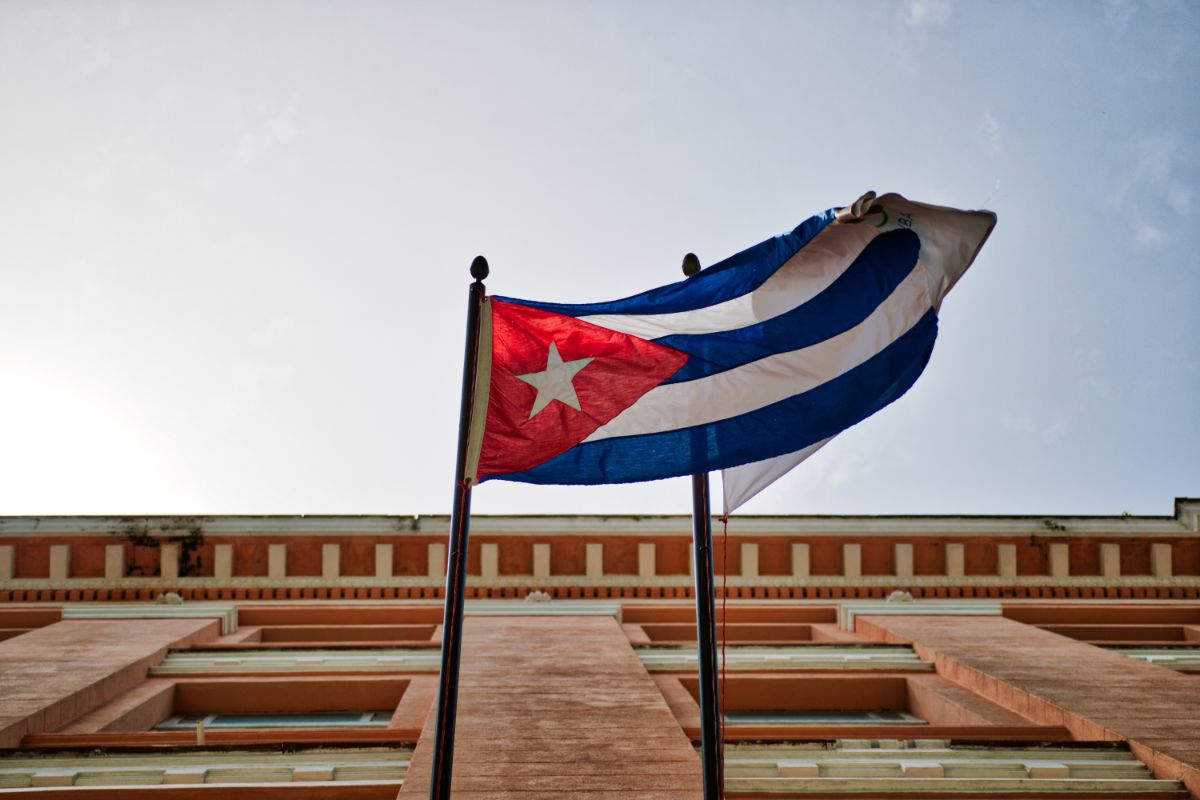
The extent of most people’s knowledge is Castro, the Cuban Missile Crisis, and the American trade embargo.
But what is Cuba like today? One common question we often hear asked is whether Cuba is a democratic country, or whether it follows a different system.
The truth is that it depends on who you ask.
Whilst most observers agree that Cuba is NOT a functioning democracy, there are those who defend Cuba and claim that it is a democracy.
If you’d like to find out more, this article will discuss Cuba’s democratic credentials.
Cuba’s System Of Government
Cuba is one of the few countries in the world that remains committed to Marxist-Leninist socialism.
The current constitution, drafted and ratified in 2019, commits Cuba to the construction of socialism and maintains that it “is only in socialism and communism that a human being can achieve his or her full dignity”.
The previous 1992 constitution committed Cuba to following the “the political social ideas of Marx, Engels, and Lenin” and also stated that the Communist Party of Cuba was the driving force in both the state and society at large.
Critics would point out that simply by enshrining a certain political system in the constitution, Cuba is significantly limiting the freedom of its citizens.
It cannot be a true democracy, as Cuban citizens have no power, under the constitution, to vote to change the system of governance in the country.
Cuba operates under a one-party system, with the country’s Communist Party exerting total hegemonic control over life on the island.
As a result, the First Secretary of the Communist Party of Cuba is simultaneously the most powerful person in the party and the most powerful person in the Cuban government, even more so than the President of Cuba.
The President of Cuba, is, as of the 2019 Constitution, limited to two consecutive terms.
The Cuban ‘Electoral Process’
Rather than being directly elected, the President is elected by Cuba’s national legislature, the National Assembly of People’s Power.
This 609-member body is elected by the Cuban populace, with all Cuban citizens over the age of 16 without criminal convictions able to vote in a ‘free, equal, and secret vote’.
The assembly sits twice each year, and between legislative sessions the power to legislate is held by the Council of Ministers, a body that is not directly elected.
Critics quickly point to a number of key facts to assert their claim that Cuba is not a democracy.
They say that although Cuba considers itself democratic, the population is generally kept at arm’s length from the decision-making.
For example, there’s the fact that no political party is permitted to run candidates or campaign in Cuba, a rule that applies ‘equally’ to the Communist Party.
Of course, this rule doesn’t bother the Communist Party, which is the only legal party on the island and already has its hands on the country’s levers of power.
Whilst the President may be elected by the ‘elected’ legislature, in reality, each candidate that is allowed to run for the legislature is strictly vetted by government commissions and top figures within the communist party.
In reality, they say, the role of the vote is simply to rubber stamp- or reject- pre-selected candidates.
As in other countries, like Russia, the role of the legislature is not to draft and pass legislation, merely to pass the legislation it is told to by the Cuban government.
The National Assembly generally approves executive branch proposals by margins of 95% in favor or more. A case in point is the ‘election’ of the current president, Miguel Díaz-Canel.
Whilst choosing the successor to the outgoing Raul Castro was formally the National Assembly’s decision to make, it is common knowledge that Castro had already selected Díaz-Canel to succeed him and that the legislature merely formally approved that decision.
Civil Liberties
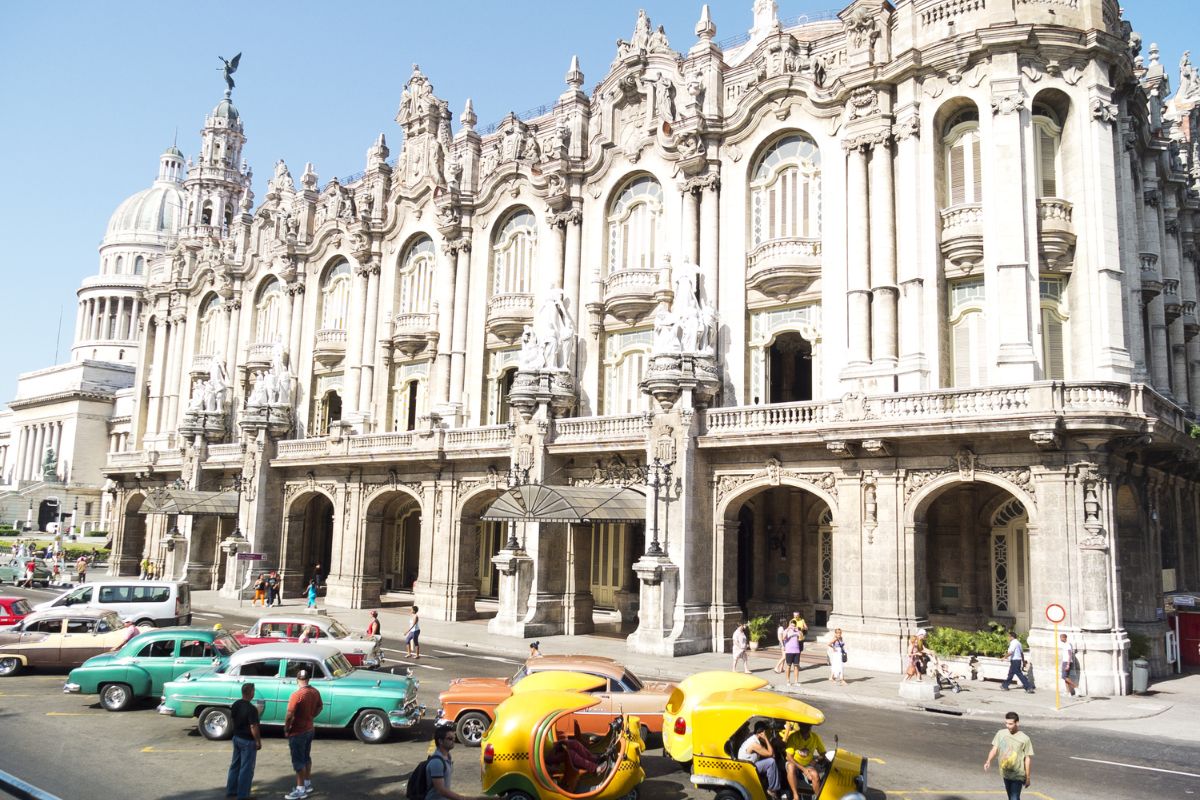
A cornerstone of democratic societies is the extension of basic civil liberties to all citizens.
This is not the case in Cuba, where even the most basic civil liberties are denied to citizens and a framework of total social control governs even the minutiae of everyday life.
Freedom of the press and of religion do not exist. In 2018, for example, the country’s Catholic Church was pressured by the Communist government to support a ‘yes’ vote in a referendum on a new constitution.
Meanwhile, all the media in the nation is tightly controlled by the Communist Party government, so the only information available to most Cubans is government propaganda.
There is no free press to act as a check and balance to the government’s power.
The advent of the internet may have complicated things, but the Cuban government is quick to shut down any sites that may post content critical of the government.
This isn’t too big of a concern for the Cuban government, though, as the island’s internet infrastructure is slow, of poor quality, and prohibitively expensive, perhaps by design.
Internet access is 7x more expensive than in the US, and 25x more expensive than in the neighboring Caribbean state of Haiti.
A new constitution in 2019 brought some welcome improvements in the Cuban government’s attitude toward civil liberties, with the restoration of Habeas Corpus and the presumption of innocence after many decades of their absence.
However, there is still a long way to go. Even rights as simple as the right to peaceful demonstration are still not respected, and police and government thugs regularly break up opposition gatherings.
Individual Liberty
Cubans cannot live their lives completely as they see fit. Cubans cannot live and work wherever they want, and must first be granted government approval in order to move to a new town or city.
Those who do not notify the authorities risk being forcibly moved back to their place of origin.
Cubans are also severely restricted in their ability to leave the country, and thousands upon thousands of Cuban citizens who have managed to flee are blacklisted and will never be able to return home.
There are laws, even new ones benign created today, restricting freedom of expression and artistic expression in general.
If people should break these laws, or indeed any others, or in fact are just deemed to be undesirables, the Cuban justice system is not likely to protect them.
Prisons are known to be overcrowded due to people being locked up on trumped-up charges, and abuse at the hands of the guards is common.
Cuba has been making some progress in moving towards market liberalization, with restrictions on small businesses loosened and the right to private property acknowledged in the constitution.
However, government bureaucracy regulating this area remains extremely strong and stalled many growing Cuban enterprises in their tracks.
Final Verdict
Most reputable authorities on the subject do not consider Cuba to be a democracy.
The Economist’s Democracy Index, Freedom in the World, Freedom House, the Foundation for Human Rights in Cuba, and others describe Cuba as an ‘Authoritarian Regime’.
It’s true that Cuba has seen some liberalization in recent years, and that the country does exhibit some of the outward signs of democracy, but it cannot be described as a democracy in any meaningful sense of the word.
- What Is The Largest Island In Cuba? - September 19, 2022
- Havana – Why Is It Cuba’s Most Exciting City? - September 19, 2022
- Cheapest Time To Visit Cuba (Ultimate Guide) - September 19, 2022

